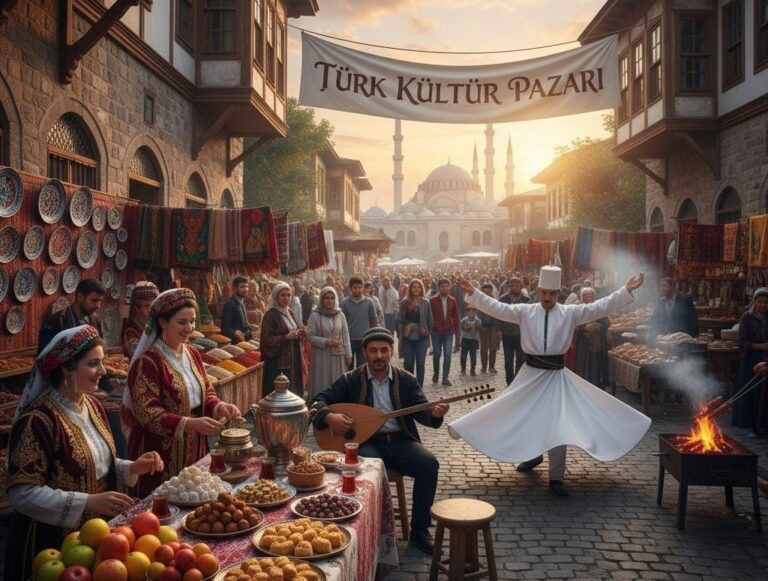Đeman Meaning, Origins, and Cultural Beauty Behind the Word
Every language carries certain words that seem impossible to translate directly, words that hold an entire world of emotion and heritage within a few letters. One such word is đeman — a term that instantly draws attention for its sound, its spelling, and its undeniable cultural charm. With its distinctive “đ” letter and melodic tone, It represents much more than vocabulary; it is a reflection of warmth, respect, and inner grace deeply rooted in Balkan tradition.
What makes Evil spirit fascinating is its untranslatable nature. It cannot be neatly replaced by any single English word. Instead, it weaves together qualities like kindness, charm, politeness, and elegance — a blend that reflects both personality and moral character. To be called đeman is to be recognized not for wealth or appearance, but for grace of heart and behavior.
What Does Đeman Mean?
At its core, đeman describes someone who is pleasant, kind, and graceful — a person admired not just for looks but for their manners, humility, and warmth. It is often used as a compliment to highlight good character and refined behavior, the type of inner beauty that shines through actions and words.
In English, you might call someone charming, elegant, or well-mannered, but đeman carries an extra layer of sincerity. It’s a term that merges respect, likability, and dignity into one heartfelt expression.
The Linguistic Origins of Đeman
To understand đeman, one must look back to the rich linguistic and cultural history of the Balkans, a region shaped by centuries of interaction between East and West.
The word đeman is believed to have roots in Ottoman Turkish, most likely derived from the term “cemal,” which translates to beauty, grace, or pleasantness. During the long period of Ottoman influence in Southeastern Europe, many Turkish, Arabic, and Persian words entered local languages such as Bosnian, Serbian, and Croatian. These borrowed words often described social behavior, etiquette, and inner virtues — all central to community life.
Đeman in Traditional Balkan Culture
In traditional Balkan communities, being called “đeman” was one of the highest compliments a person could receive. It symbolized moral integrity and refined manners, traits deeply admired in family and social life.
A đeman woman, for example, was not only beautiful but also humble, respectful, and modest. Her charm came from her attitude rather than her appearance. Similarly, a đeman man was recognized for his kindness, calm temperament, and respect toward others.
In many rural or close-knit towns, such qualities represented a form of non-material wealth — the kind of richness that comes from good upbringing and honorable conduct. A person described as đeman was considered trustworthy, likable, and deeply respected within the community.
Đeman in Daily Conversation
Although đeman carries deep cultural roots, it remains a living word — used naturally in daily interactions, especially in Bosnia, Serbia, and surrounding areas.
People might describe a friend, neighbor, or relative as đeman when they show kindness, composure, or social grace. It’s a versatile term that fits both casual and formal conversations.
- “On je baš đeman.” – He’s truly pleasant or kind-hearted.
- “Ona je đeman žena.” – She’s such a graceful woman.
The gender-neutral nature of đeman allows it to be applly to anyone whose personality exudes warmth and respect.
You’ll often hear the term used at family gatherings, social events, weddings, or casual meetups — places where good manners and community spirit are appreciated. The tone is always sincere, never sarcastic or exaggerated. When spoken, đeman carries a sense of admiration and quiet respect.
Đeman in Literature, Music, and Oral Tradition
The word đeman has long lived within the heart of Balkan artistic expression — woven into folk songs, poetry, and oral tales that celebrate grace and moral beauty. In traditional Bosnian and Serbian ballads, being describe as đeman was the highest form of praise. It was often use to depict heroes and heroines whose kindness and decency made them beloved by all.
In poetry, đeman symbolizes nobility of spirit — not through wealth or power, but through gentleness, compassion, and composure. Folk storytellers often used the word to describe characters who maintained dignity even in hardship, representing an ideal of inner strength and elegance.
Modern Revival and Digital Usage
In today’s world, đeman has found a new life beyond traditional culture — especially through social media and digital expression. Young people across Bosnia, Serbia, and diaspora communities now use the word in captions, memes, and messages as a sign of respect and admiration.
When someone posts a kind gesture online, it’s not uncommon to see comments like “Baš si đeman!” (“You’re truly đeman!”) as a heartfelt compliment. The word has transcended generations, carrying with it a sense of cultural continuity and pride.
Among the Balkan diaspora — from Germany to the United States — đeman functions as a bridge to heritage. It reminds younger generations of their roots, family values, and the warmth of home. Interestingly, the term has begun to attract interest among non-Balkan speakers too, who appreciate its depth and elegance. In digital spaces, đeman continues to evolve — still rooted in kindness and grace, but now also symbolizing cultural identity in a modern world.
Words Similar to Đeman Across Cultures
Though đeman feels unique and untranslatable, its essence of inner beauty and gentle conduct resonates across many languages. Within the Balkans, related terms like merhamet (compassion), halal (ethical purity), and adab (good manners) echo similar moral values. Together, they form a network of virtues deeply tied to Ottoman and Slavic influences.
In English, partial equivalents include gracious, refined, kind-hearted, or charming, but none capture the emotional warmth and moral elegance that đeman carries. It’s not just about being polite — it’s about embodying beauty through behavior.
The Symbolic Value of Đeman
Beyond its linguistic roots, đeman symbolizes a moral compass — a reminder that dignity and kindness form the foundation of character. In the Balkans, being called đeman isn’t about physical beauty; it’s about how one treats others, speaks with respect, and carries oneself with quiet confidence.
To be đeman is to live gracefully — to bring peace, not pride, into a conversation. The word embodies humility without weakness, confidence without arrogance, and warmth without superficiality. It reflects how cultural values can shape personality and behavior, teaching generations that inner beauty always outweighs appearances.
Why Preserving Words Like Đeman Matters
Every language carries words that define the soul of a culture — and đeman is one of them. When such words disappear, the world loses not just vocabulary, but a piece of human wisdom. Preserving đeman means protecting a worldview where respect, humility, and moral beauty are celebrated more than material success.
In a time of fast communication and cultural blending, words like đeman remind us of the importance of linguistic heritage. They strengthen generational bonds — grandparents teaching grandchildren what it means to live with kindness and poise.
Keeping đeman alive in conversation and art isn’t just about nostalgia. It’s a way of affirming identity, passing on values, and sustaining the beauty of everyday humanity. Each time someone says “He’s so đeman,” they help keep alive a tradition that connects heart, history, and culture.
Conclusion
Đeman is more than just a word — it’s a reflection of who we aspire to be. It captures a way of living that blends gentleness, respect, and quiet confidence. From its Ottoman Turkish roots to its modern use in digital spaces, the word continues to carry centuries of cultural wisdom.
In a world often defined by speed and noise, đeman stands as a soft reminder of the power of kindness. It teaches that true beauty isn’t seen — it’s felt in the way we treat others. The legacy of đeman endures because it speaks a universal truth: grace, character, and respect never go out of style.






